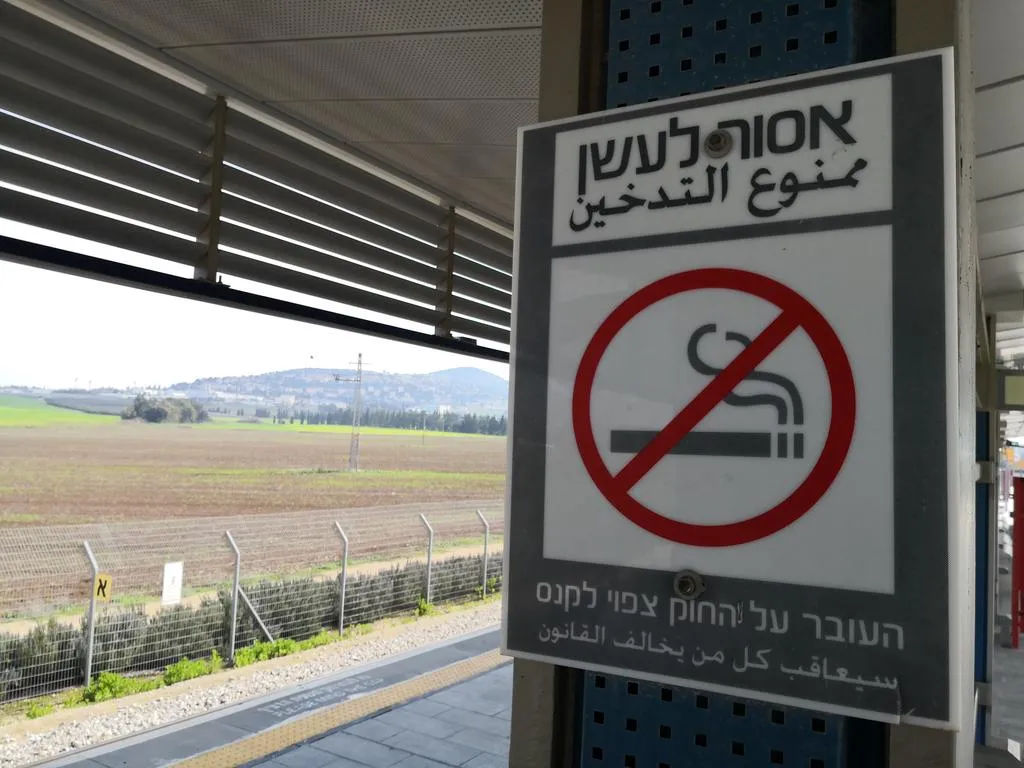Jerusalem, 20 July, 2025 (TPS-IL) — Why do we sometimes act impulsively even when it’s against our best interests? Researchers at the Hebrew University of Jerusalem have uncovered new insights showing that the size of an anticipated reward directly increases impulsivity, driven by specific dopamine-related brain mechanisms.
Led by Prof. Eran Lottem of the Edmond and Lily Safra Center for Brain Sciences (ELSC), the study, published in *Biological Psychiatry*, reveals that the more valuable a reward is expected to be, the harder it becomes to resist acting prematurely—even when waiting would yield better results. This challenges traditional views of impulsivity as mere poor self-control or irrationality, instead identifying it as a predictable consequence of how the brain processes value.
“Our findings show impulsive behavior emerges from a Pavlovian bias—an automatic brain response to valuable rewards—that pushes us to act before we think,” said Prof. Lottem. “It’s not just a failure of willpower but a built-in mechanism shaped by learned associations.”
To explore this, the team designed an experiment where participants had to delay responses to receive water rewards of varying sizes. Larger rewards triggered significantly more premature actions, revealing that impulsivity scales with expected reward value.
Crucially, the researchers used fiber photometry and optogenetics to monitor and manipulate dopamine release in the ventral striatum, a brain region critical for value learning and decision-making. This approach provided direct causal evidence that dopamine activity both predicts and drives impulsive behavior, particularly when high-value rewards are anticipated.
In addition, the team developed a novel computational model integrating this Pavlovian bias within reinforcement learning frameworks. This model more accurately captures how dopamine dynamics and reward valuation combine to produce impulsivity.
These findings advance understanding of impulsivity by explaining the mechanism linking reward expectation, dopamine signaling, and premature actions.
This new framework has important implications for treating impulse-control disorders such as ADHD, gambling, and addiction. For example, interventions could aim to modulate dopamine signaling or alter reward expectations to reduce premature, self-defeating actions.
Insights into impulsivity mechanisms might help design environments—such as educational, workplace, or digital settings—that minimize premature actions by controlling how rewards are presented or anticipated, promoting better long-term choices.
The study was recently published in the peer-reviewed journal Biological Psychiatry.
































